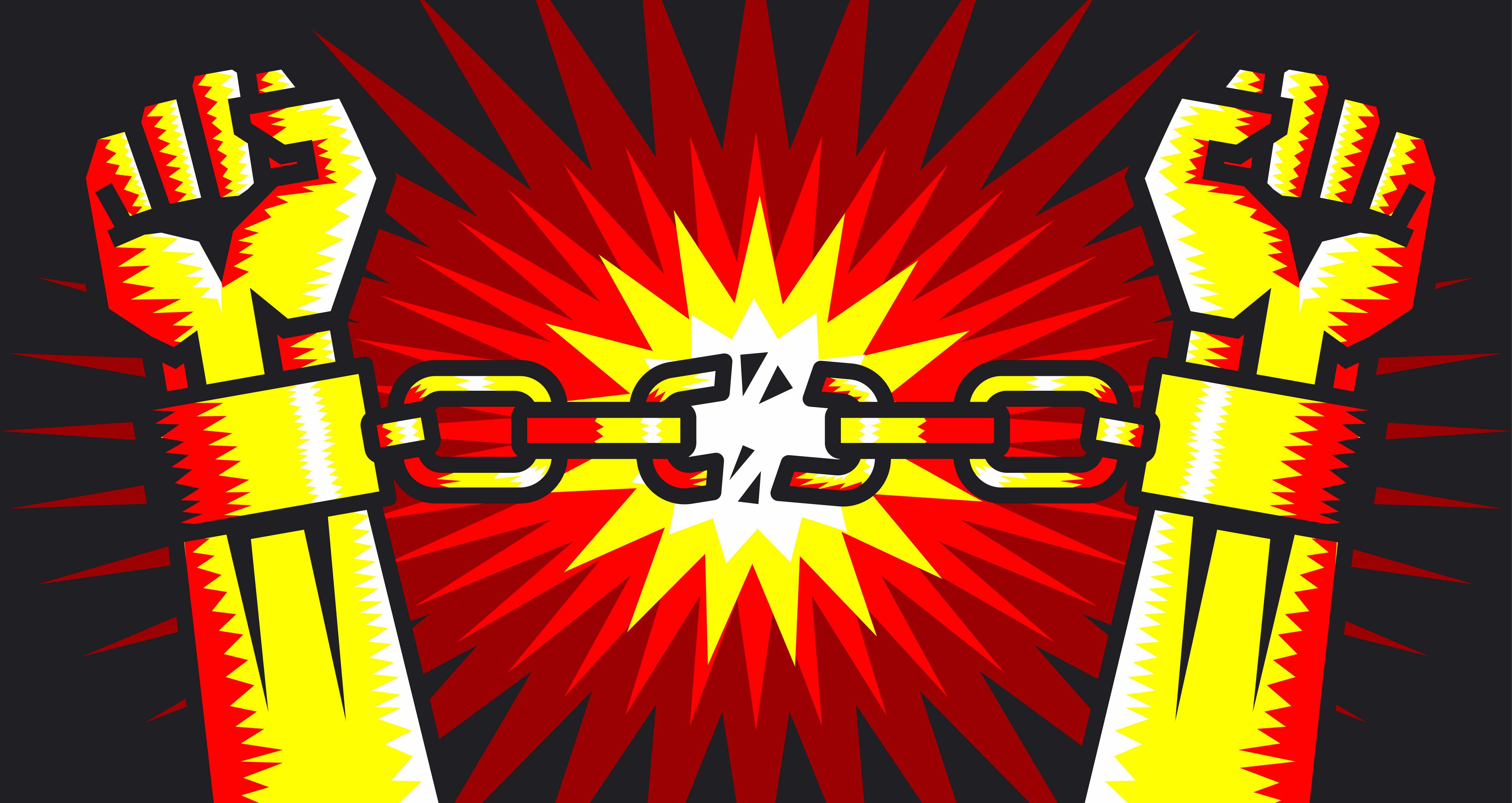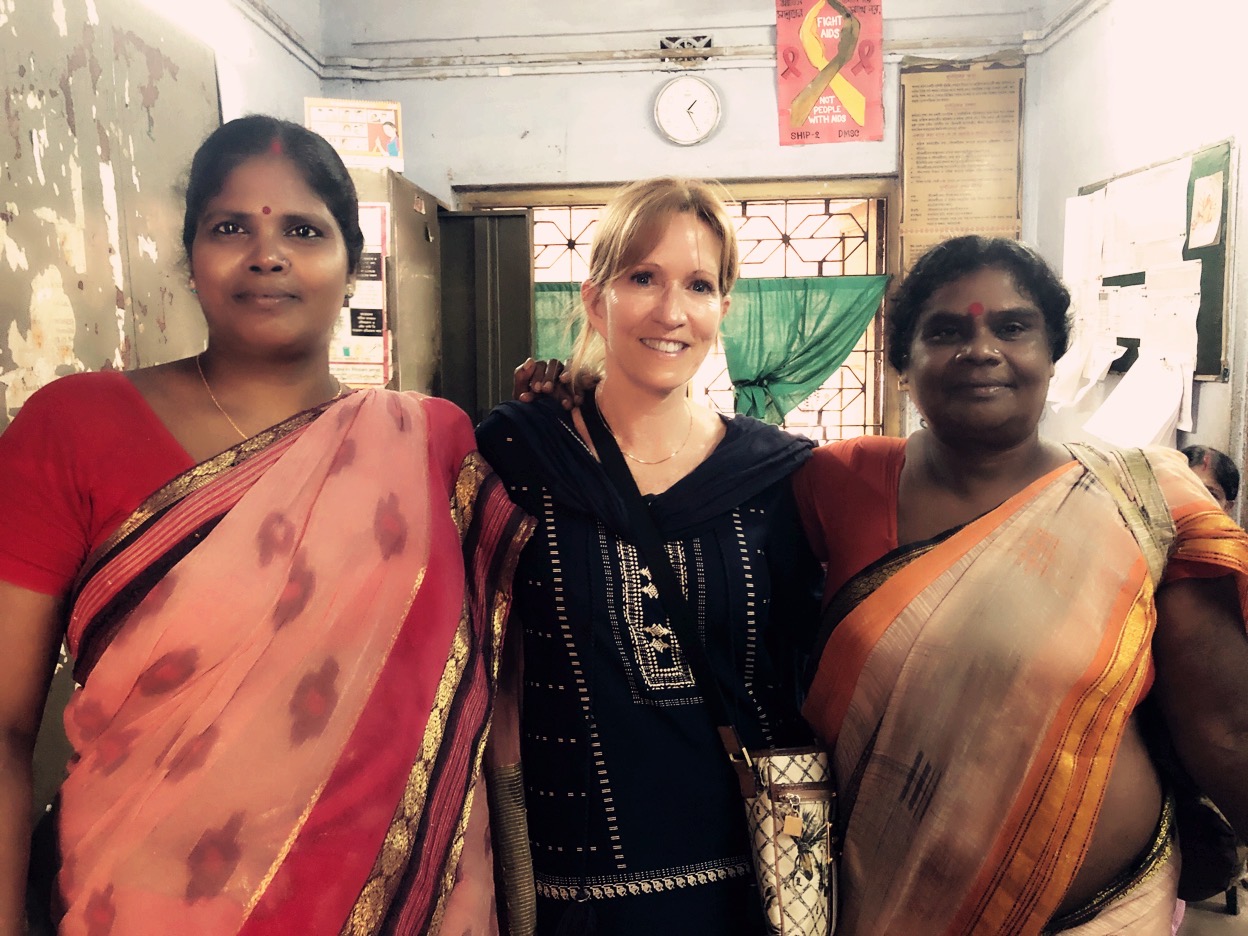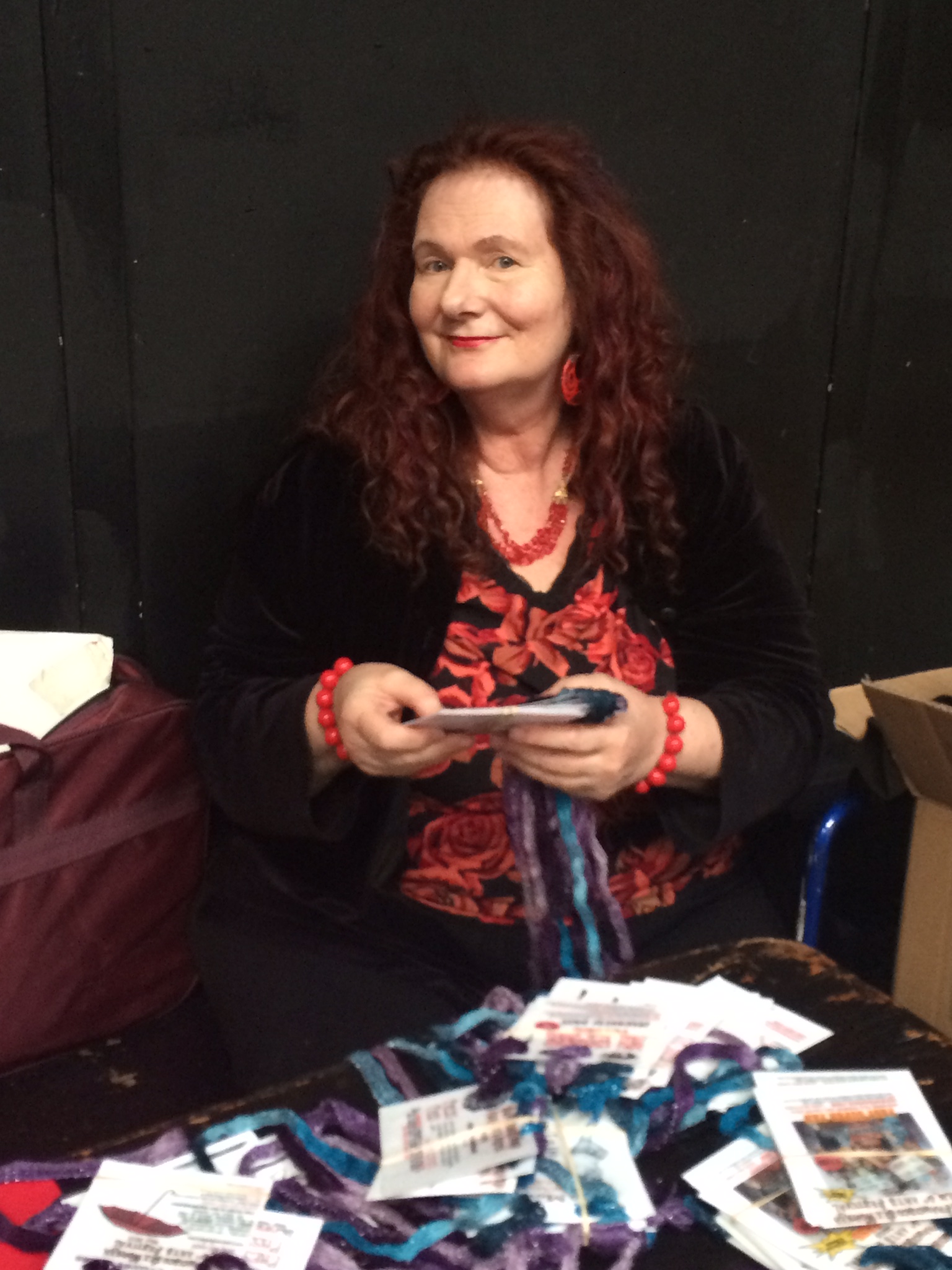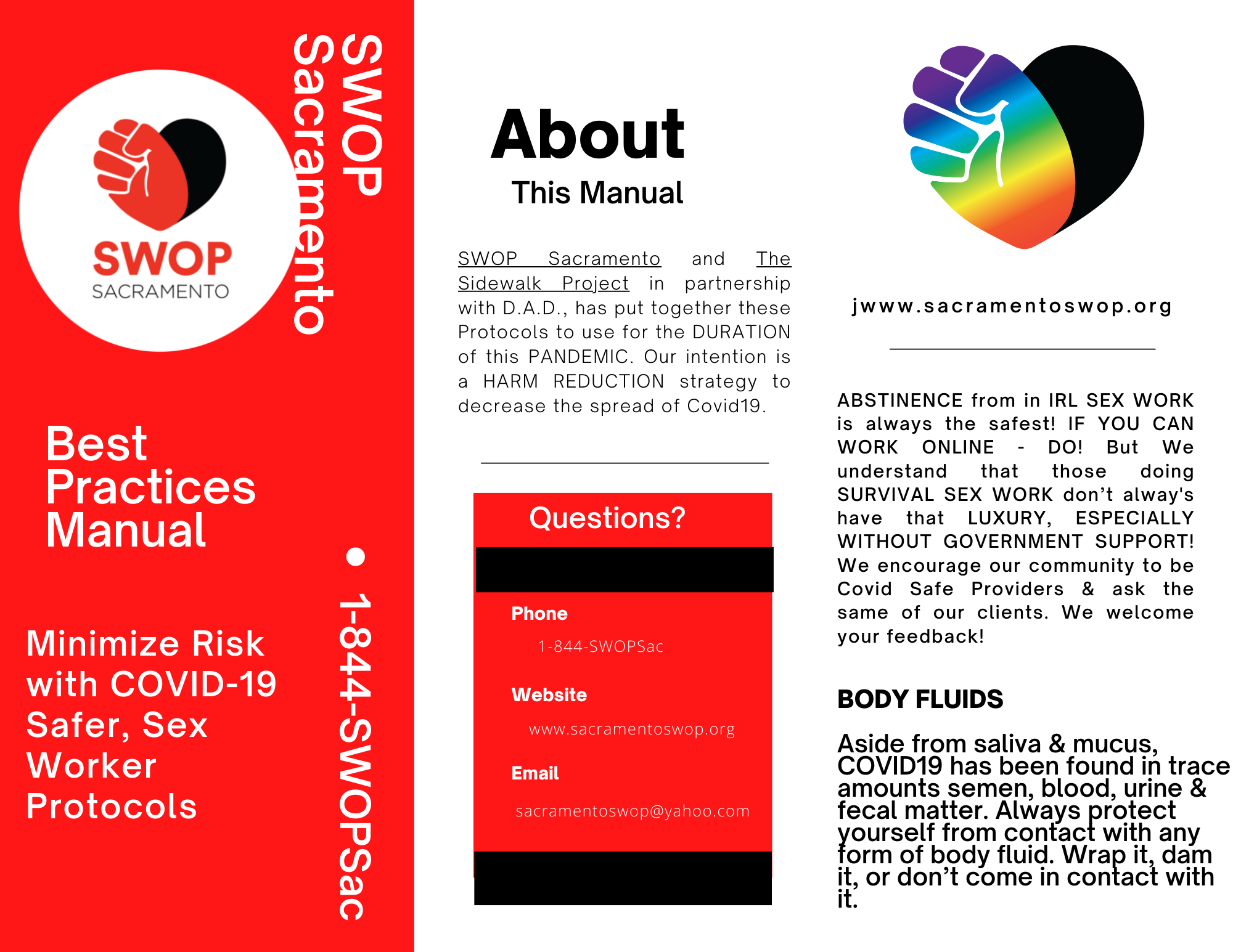In a historical moment in our history, today Amnesty International adopted a policy supporting the decriminalization of prostitution. The Sex Workers Outreach Project, Sacramento joins our colleagues around the world in celebrating the adoption of the Draft Policy On Sex Work at the International Committee Meeting of Amnesty International.
“Amnesty International is the largest and most prominent human rights organization to affirm what sex workers have been saying for decades: ‘Only Rights Can Stop The Wrongs.’” Said Kimberlee Cline, a sex worker who has advocated for decriminalization of prostitution in the U.S. for thirteen years.
“The consequences of criminalization have had the worst impact on the most marginalized groups of people,” Kristen DiAngelo, Executive Director of the Sacramento Sex Workers Outreach Project said. “When interviewing sex workers who are engaged in survival sex or are victims of human trafficking in Sacramento, we found that 59% of participants had been raped while at their work site and 27% had been harmed by a police officer. These numbers are alarming. Research and history tells us that those who are harmed here in the US, are re-victimized by criminalization.”
DiAngelo’s organization conducted research with street-based sex workers mainly in Sacramento’s Oak Park district. They spoke to 47 women, whose ages ranged from 19 to 60 years old, many who began sex work prior to the age of consent. Those who identified as entering sex work as a juvenile, unanimously stated that the biggest barriers to them exiting were criminalization, arrest records, and feeling locked in due to societal attitudes and stigma.
Advocates say that Amnesty’s clear distinction between sex trafficking and consensual sex work is among the most significant statements made within the policy. “How is a trafficking victim supposed to get the care they need while the cops are treating them as if they are criminal? How will a sex worker ever trust law enforcement, once they are sitting in a police car in handcuffs?” Asks Pearl Callahan, who assisted with SWOP Sacramento’s research project and lived and worked in Oak Park herself for many years. “It’s hard enough out here, why arrest people for being poor and trying to survive? I chose sex work over starvation when I was young, who wouldn’t?”
More information about SWOP Sacramento’s Needs Assessment research can be found at their website: www.SWOPSacramento.org






